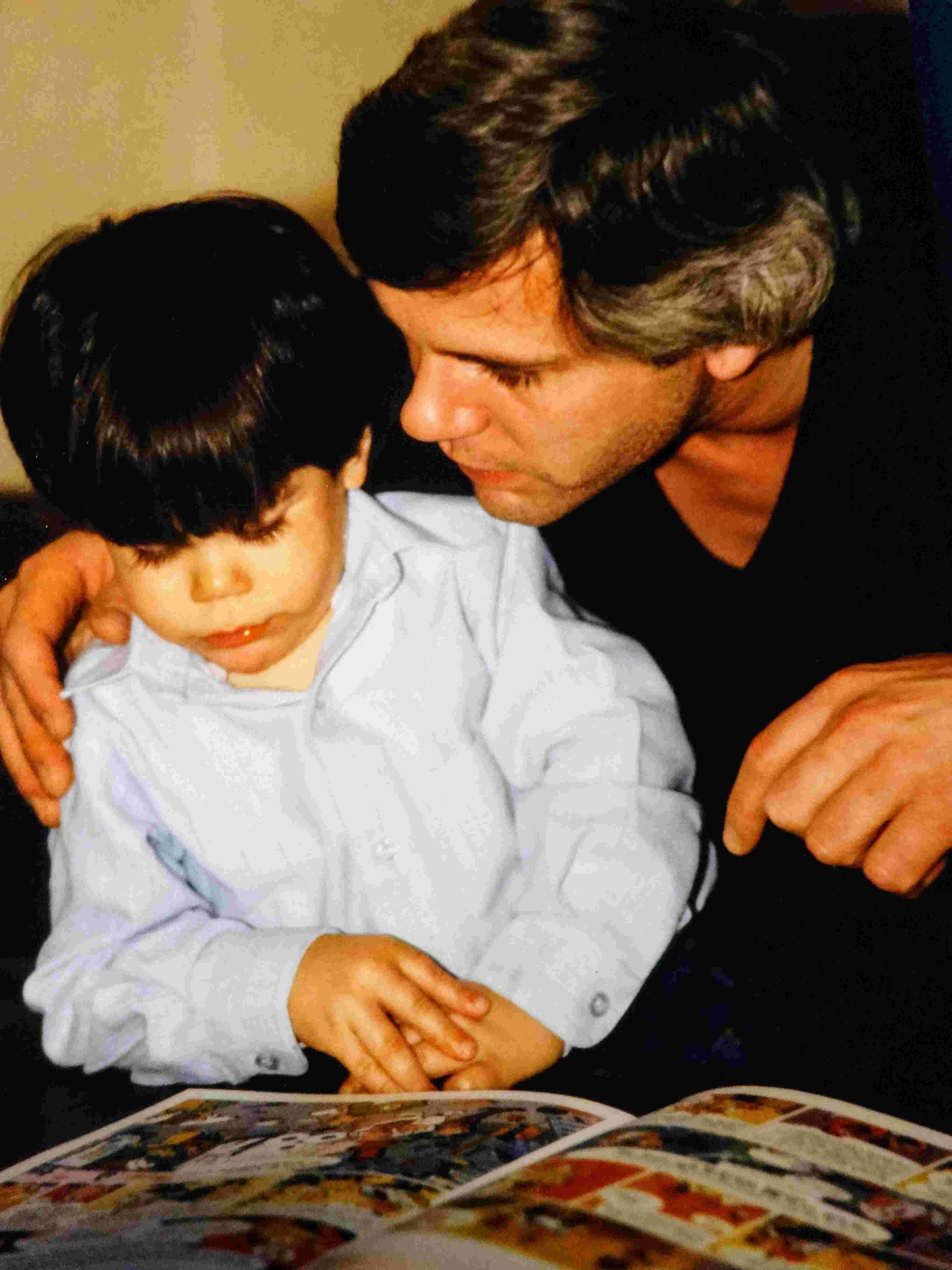Many children like to (be) read the same book every night, even if both the parent and the child know all the words by heart. Activities occurring at bedtime being especially well-remembered by young kids (as well as by older people), we might wonder if those repetitions are useful. Indeed they are. This shows your child enjoys the story and is still learning from the same words and pictures, and from the interactions with you while you read again and again this good old story together.
Children want repetition because they do need it. At young ages, a preference for familiarity rather than novelty is common; for example, babies prefer to look at faces that are of the same gender and ethnicity as their parents or caregivers. This is a normal early stage of the learning process. Then, with age and experience, infants' interest will shift to novelty. Research has shown that, at around the age of 4 months, unknown faces become more interesting than the familiar faces of mom and dad.
However, even 3-day-old newborns who are repeatedly shown an image of their mom's face already prefer to look at a new face. This means that once babies have encoded enough information about a picture, they're ready for further discoveries. So children's age affects how fast they learn and keep information from shared book-reading. The two key principles of memory development are that young kids need more time to assimilate information than their older peers, but forget it faster.

Picture: Alan and John reading (ChildUp.com)



